Think Further
Want to contribute to these conversations?
Our students can hear our silence loud and clear. They can hear us not validating their lives. They can hear us not standing up against justice.
Education is inherently political. Every decision that is made is political. The choice of adding texts or choosing not to include them is political. Silence is also political. This is about our responsibility as humans and as educators to truly see and reach our students. We cannot claim to care about their Social and Emotional Learning and completely ignore the world around us. We cannot claim to care about their well being and not contribute to it concretely.
And by silence, it’s not just in this very moment. Those of us who have BEEN silent. Those institutions that are all of a sudden claiming commitments to Black lives and racial justice. We can SEE and HEAR your YEARS of silence. And so can all of your students.
I am TIRED of the “neutral” and “objective” talk. THERE IS NO SUCH THING.
How does your identity contribute to the oppression of Black students?
Have you explicitly told your student (Black or not) that you believe Black Lives Matter? AND THEN, backed that with action?
Do you burden your Black students with micro-aggressions?
Do your Black students feel comfortable reporting when someone in the school is racist towards them?
What are you doing in your classroom to DISMANTLE white supremacy?
Do you lean on your Black students to explain concepts that are YOUR responsibility to break down?
Did you know that the United States’ government helped to orchestrate the assassination of the first democratically elected prime minister of the Congo? Did you know that the genocide of the Congolese people under King Leopold II is one of the largest in recorded history? Did you teach your students about it? It is absolutely a function of white supremacy to leave out genocides and atrocities against Black people in history. Whitewashing history is a function of white supremacy and it is the responsibility of history teachers (and all teachers) to ensure this history isn’t erased. Knowing history is also critical in this centuries-old fight against white supremacy and anti-blackness. Anti-blackness is deeply embedded in our curricula.
How are you fixing this?
Read “King Leopold’s Ghost” for more information about the role of the United States in the destabilization of the free Congo.
How do we teach other humans ... adults... that they should fully respect the students that they should fully respect the students that sit in their classrooms as full human beings?
How do we teach educators not to be anti-Black when sometimes it is so deeply embedded in who they are as subscribers to white supremacy?
How do we create systems that ensure teachers already in the classroom are learning to be anti-racist and that education programs in universities truly embody anti-racism in their training of future educators?
How do we train people who don’t want to be trained?
WHY do we even have to train teachers to treat their students as fully human?
What is the purpose of your class?
What are the learning goals that you embody, that drive your course?
Are they seeped in white supremacy?
Do they reflect the centering of your students?
Further ideas and explanations from Dr. Gholdy Muhammad:
Identity cannot be removed from the classroom. It is critical that teachers help students understand and explore their own identities AND those that are different from them.
All different types of skills should be focused on, but that is not exclusively what schools should be about.
Intellectualism means expanding the knowledge and horizons of the students.
Criticality should be used in a way that guides students to think for themselves and name as well as question systems of oppression and how they function.
Reframing our classes to embody these goals sets ourselves up for abolitionist teaching. The entire education system needs to change because it is literally a function of white supremacy. But, we could start making those changes in our schools immediately.
Stop using Black and Brown kids and districts as stepping stones in your career. This is exploitation.
Universities: stop making your programs exclusively “urban education”. Some of these white people DO. NOT. BELONG. in Black and Brown districts.
You will be only perpetuating harm and violence against Black and Brown students as you are learning which is NOT okay.
Your learning process will still mean that you are burdening Black and Brown kids with micro-aggressions and racist acts and attitudes.
Here are ways for you to advocate for and tangibly contribute to fighting against white supremacy and police brutality.
Fix the social studies standards in every state to be inclusive of ALL groups of people, particularly the ones that are marginalized.
Re-write all social studies curricula to be social-justice oriented (Teaching Tolerance has phenomenal social justice standards).
Provide professional development for social studies teachers that also teaches them how to be intentionally anti-racist in their teaching.
Fund social studies programs in all grade levels and prioritize those classes for students.
Partner with local social-justice-based organizations that explicitly name anti-Blackness as a problem and work to fight against it.
Ensure every school is celebrating Black Lives Matter Week every year.







